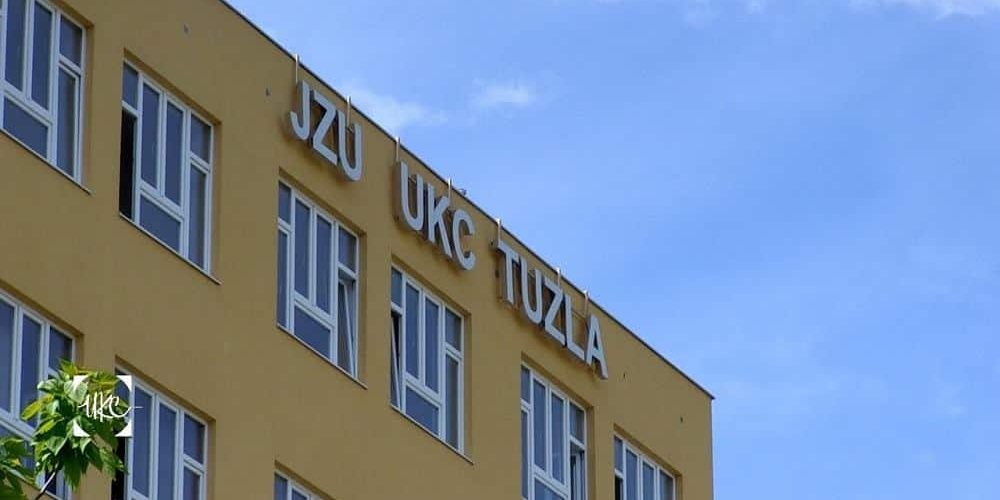On last Friday, the Clinic for Anesthesia and Resuscitation, University Clinical Center Tuzla hosted the professional meeting with a key theme” Intensive treatment of donor”.
Group of eminent experts from the Republic Croatia spoke about the donor program and its impact to the development of transplantation medicine in Bosnia and Herzegovina. Besides of the meeting lectures, the program included a one day workshop on medical care of the potential organ donor, the diagnosis of brain death, and the ways of talking with the potential donor’s family.
Prof.Dr. Enisa Mešić, chief of the Department for Nephrology, Dialysis and Transplantation of Kidneys, Clinic for Internal Medicine on this occasion said that our hospital offers transplantation medicine for risky and highly sensitized patients. From this are excluded transplantations of couples with different blood groups, but despite the equipment and highly educated personnel, the number of transplant surgeries is not satisfactory. “Since the year 2006, we have performed 35 transplants from the deceased donor, which is not bad, but also it is not enough for the number of patients on dialysis who do not have next of kin or other donor suitable individuals. There are 2600 patients on dialysis in Bosnia and Herzegovina and half of them are Candidates for transplant surgery. The Federation of Bosnia and Herzegovina has the transplant waiting list, while Republika Srpska and District Brčko do not have. In the Federation, 235 patients are currently on the waiting list, and that is about 16.5% of the total number of patients who require dialysis.” said Prof. Mešić and announced Prof. Dr. Željko Župan from Rijeka who will be participating in this meetings a lecturer , and who has had the best results in Croatia in finding deceased donors and obtaining family consent.
Throughout his speech, Prof. Dr. Semir Imamović, head of the Clinic for Anesthesia and Resuscitation said that more efforts should be made on raising awareness among the citizens about the importance of organ transplant program. This needs to be addressed through awareness campaigns and educative meetings for the public.







